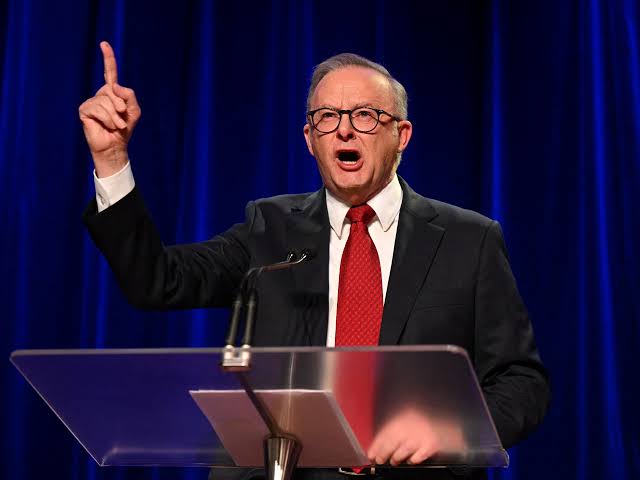Australians voted on Saturday in a national election widely expected to favour Prime Minister Anthony Albanese’s Labor Party, as economic pressures and global tensions dominated the campaign.
While both major parties focused on addressing the rising cost of living, many voters were also influenced by global instability, particularly concerns about U.S. President Donald Trump’s trade policies, which have affected Australia’s economy.
Albanese, speaking from Melbourne, highlighted achievements such as rising real wages and falling inflation. He then travelled to his home district in Sydney to cast his vote. The prime minister has promised to improve housing affordability and strengthen the country’s healthcare system if re-elected.
Opposition leader Peter Dutton began his day in Melbourne, urging voters to support his Liberal-National coalition. After voting in his Brisbane district, he expressed confidence that many “quiet Australians” were backing his campaign. Dutton, who has promised major cuts to immigration and public service jobs, remains a polarising figure.
Read also:Soweto derby: Kaizer Chiefs vs. Orlando Pirates clash
The campaign saw Labor link Dutton to Trump-style politics, hoping to leverage negative sentiment toward the U.S. president. Dutton, once ahead in polls, saw his support dip after U.S. tariffs were extended to Australian exports, contributing to economic strain.
Australia, which maintains strong security ties with the U.S., was hit with a 10% duty on its exports despite its alliance. The issue became a focal point during the final weeks of the campaign.
Voting is compulsory in Australia, and polling stations opened at 8 a.m. local time. However, nearly 8 million of the 18 million eligible voters had already submitted their ballots early. Polls are set to close at 6 p.m. across the country.
Visit MDNtv YouTube Channel for our video content

